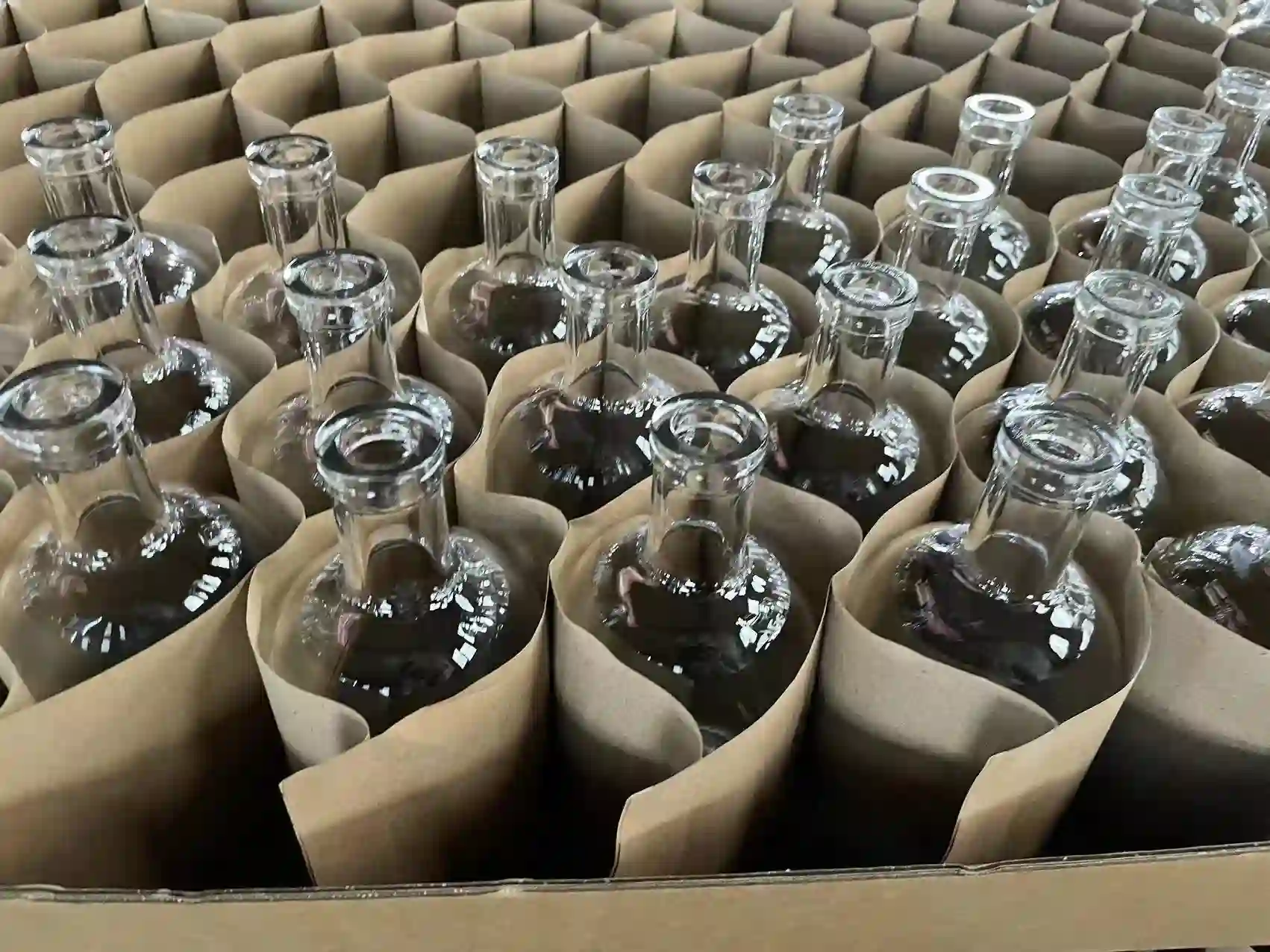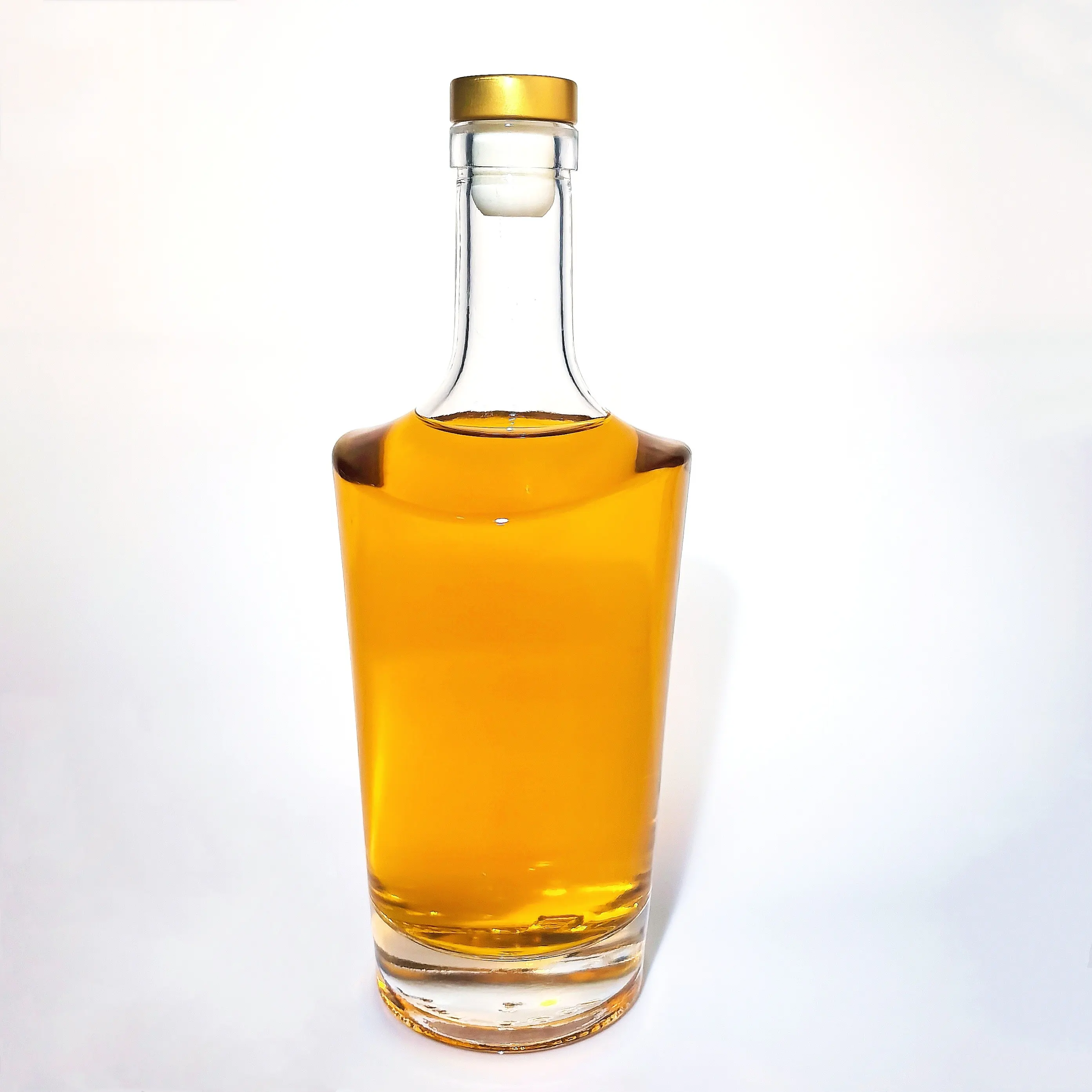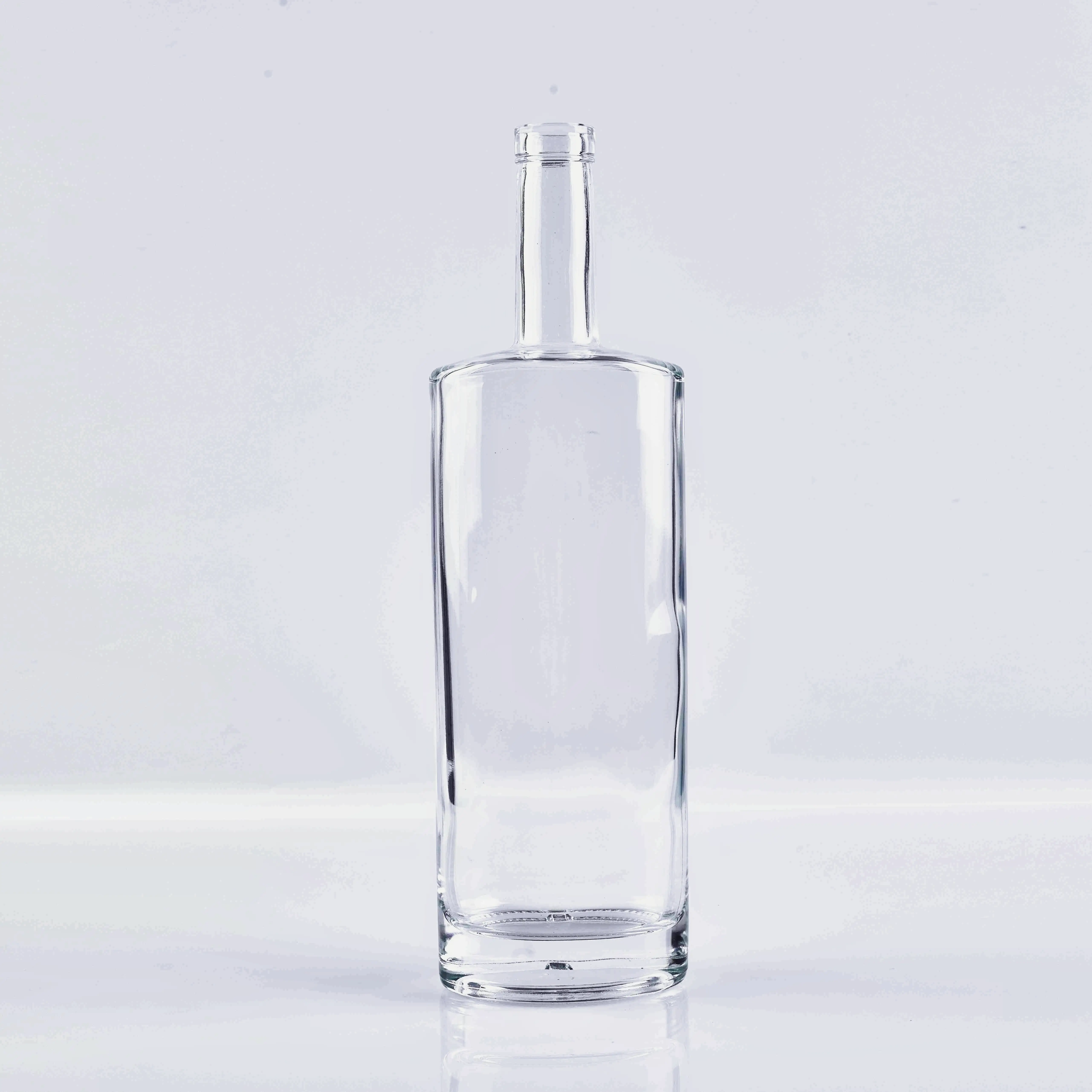Why are spirits typically packaged in glass bottles instead of aluminum, plastic, or paper containers

Why Distilled Spirits Prefer Glass Bottles: The Science and Tradition Behind Packaging Choices
From whiskey to vodka, brandy to tequila, distilled spirits worldwide almost exclusively use glass bottles as their primary packaging container. This preference stems from deep historical roots, scientific principles, and market considerations. This article explores the multifaceted reasons behind the spirits industry's steadfast commitment to glass over plastic, aluminum, or paper alternatives.
1. Historical Tradition and Cultural Symbolism
The marriage between glass bottles and spirits spans centuries, with the packaging transcending mere functionality to become a symbol of quality and tradition.
Historical Evolution
As early as the 17th century, European distillers began using glass bottles for spirit storage. Venetian glassmakers developed thick glass bottles particularly suited for high-alcohol liquids.
Cultural Value
Glass bottles confer a premium image to spirits, with consumers subconsciously associating glass packaging with higher quality (market research shows 87% of consumers consider glass-packaged liquor more premium).
Collectible Nature
Distinctive glass bottle designs become brand signatures, like Absolut Vodka's iconic bottle, enhancing the product's collectible value.
2. Material Science Advantages
From chemical and physical perspectives, glass offers unparalleled advantages:
Chemical Stability
Zero permeability: Completely blocks oxygen and carbon dioxide, preventing spirit oxidation (whiskey can maintain quality in glass bottles for over 50 years).
Corrosion resistance: High alcohol concentrations (typically 40-60%) don't erode glass but may corrode certain metals or cause plastic leaching.
Non-reactive: Glass's primary component (silica dioxide) doesn't react with alcohol or other spirit compounds.
Sensory Preservation
Temperature stability: Doesn't interfere with the liquor's temperature changes (e.g., Scotch whiskey recommended at room temperature).
No odor transfer: Glass neither absorbs nor releases odors, preserving the spirit's original flavor profile.
Visual presentation: Allows consumers to assess color and clarity (particularly important for judging aged whiskey coloration).
3. Comparative Analysis of Packaging Materials
| Property | Glass Bottle | Aluminum Can | Plastic (PET) | Paper Composite |
|---|---|---|---|---|
| Oxygen Barrier | Complete | Moderate | Poor | Poor |
| Alcohol Resistance | Perfect | Possible corrosion | Partial dissolution | Permeation risk |
| Shelf Life | Unlimited | 2-3 years | 6-18 months | 6-12 months |
| Recycling Rate | 80%+ | 65% | 30% | <15% |
| Production Cost | High | Medium | Low | Medium-Low |
4. Industry Practices and Consumer Psychology
Practical considerations in the spirits industry further support glass packaging:
Aging Requirements
Premium spirits need extended aging, making glass the only reliable long-term storage solution.
Premium Pricing
Glass packaging supports higher price points (identical spirits average 47% higher prices in glass versus aluminum).
Consumption Ritual
The sound and feel of opening a glass bottle constitute an essential part of the drinking experience.
Sustainable Image
Despite its weight, consumers generally perceive glass as more eco-friendly than plastic (62% of EU consumers hold this view).
5. Environmental Considerations and Innovation Trends
Modern glass bottles continue evolving to address environmental concerns:
Lightweighting Technology
Contemporary glass bottles are 30% lighter on average than 20 years ago.
Recycling Systems
Glass can be recycled infinitely without quality loss, with global recycling rates exceeding 80%.
Low-Carbon Production
Some manufacturers use biofuel furnaces, reducing carbon footprint by up to 40%.
Despite disadvantages like weight and fragility, glass bottles maintain their dominance in spirits packaging due to irreplaceable advantages. While some brands experiment with aluminum travel versions or plastic miniatures, glass remains unchallenged in the mainstream market, especially for premium products. This perfect marriage of tradition and modern science ensures glass bottles will continue their centuries-long partnership with distilled spirits.



